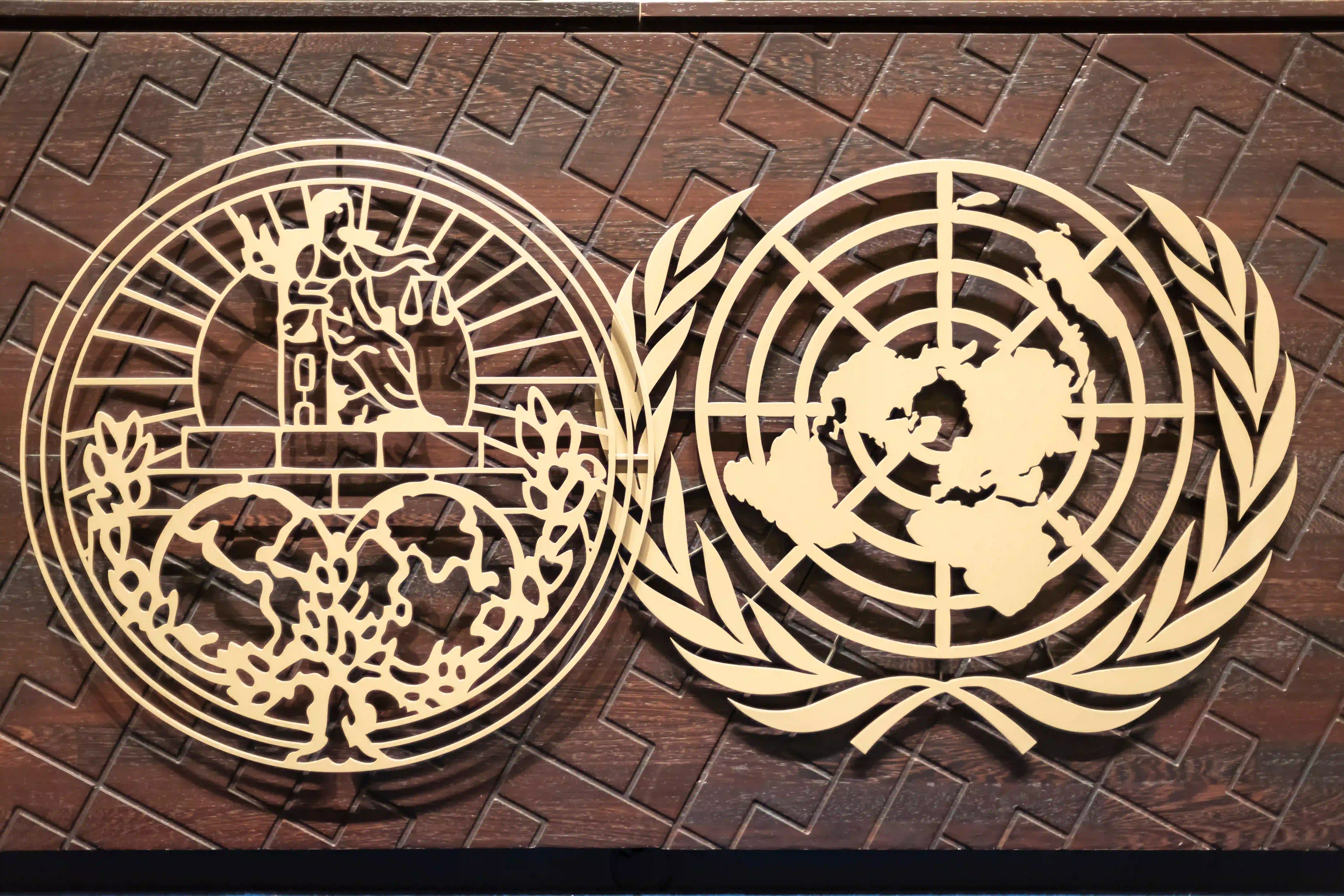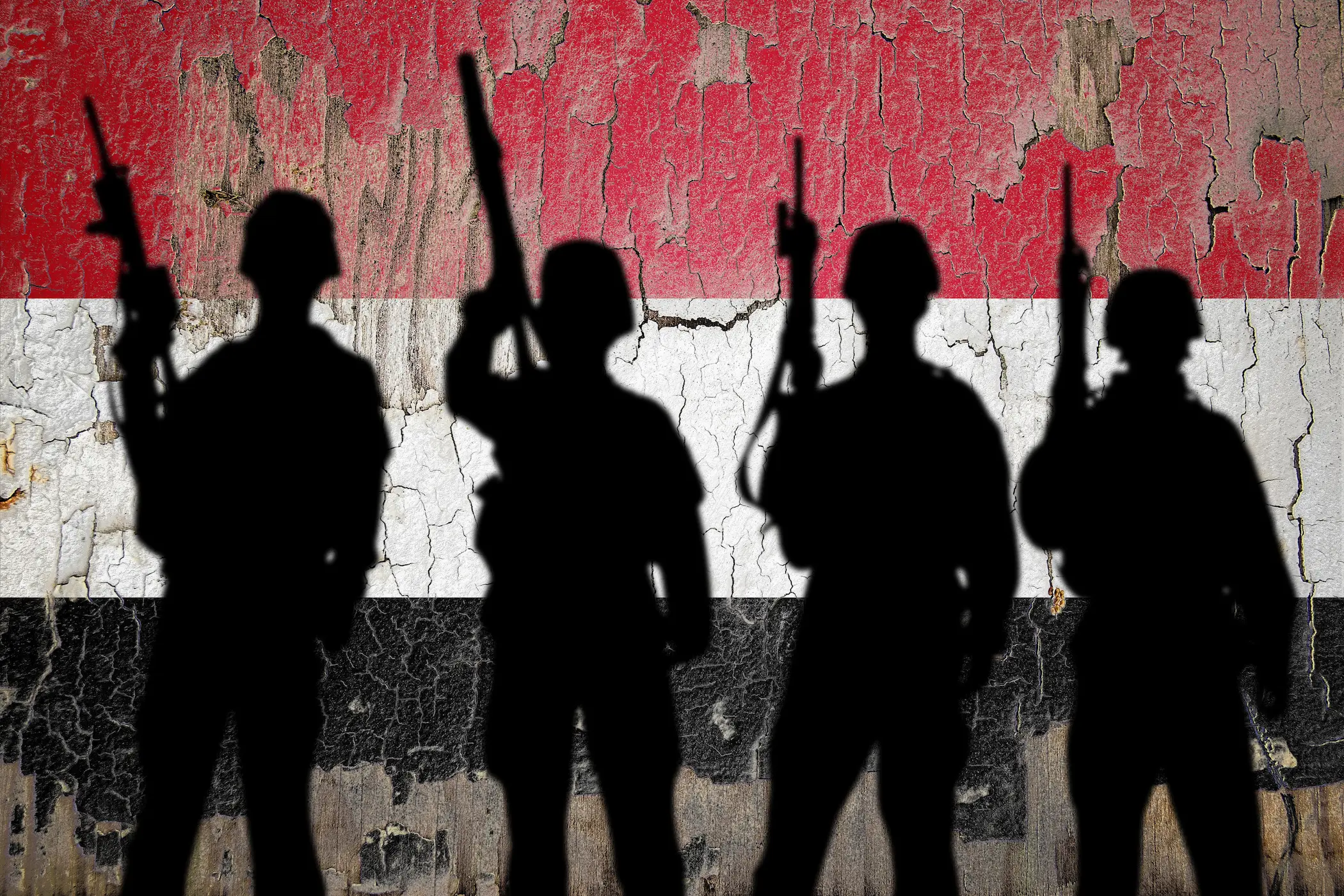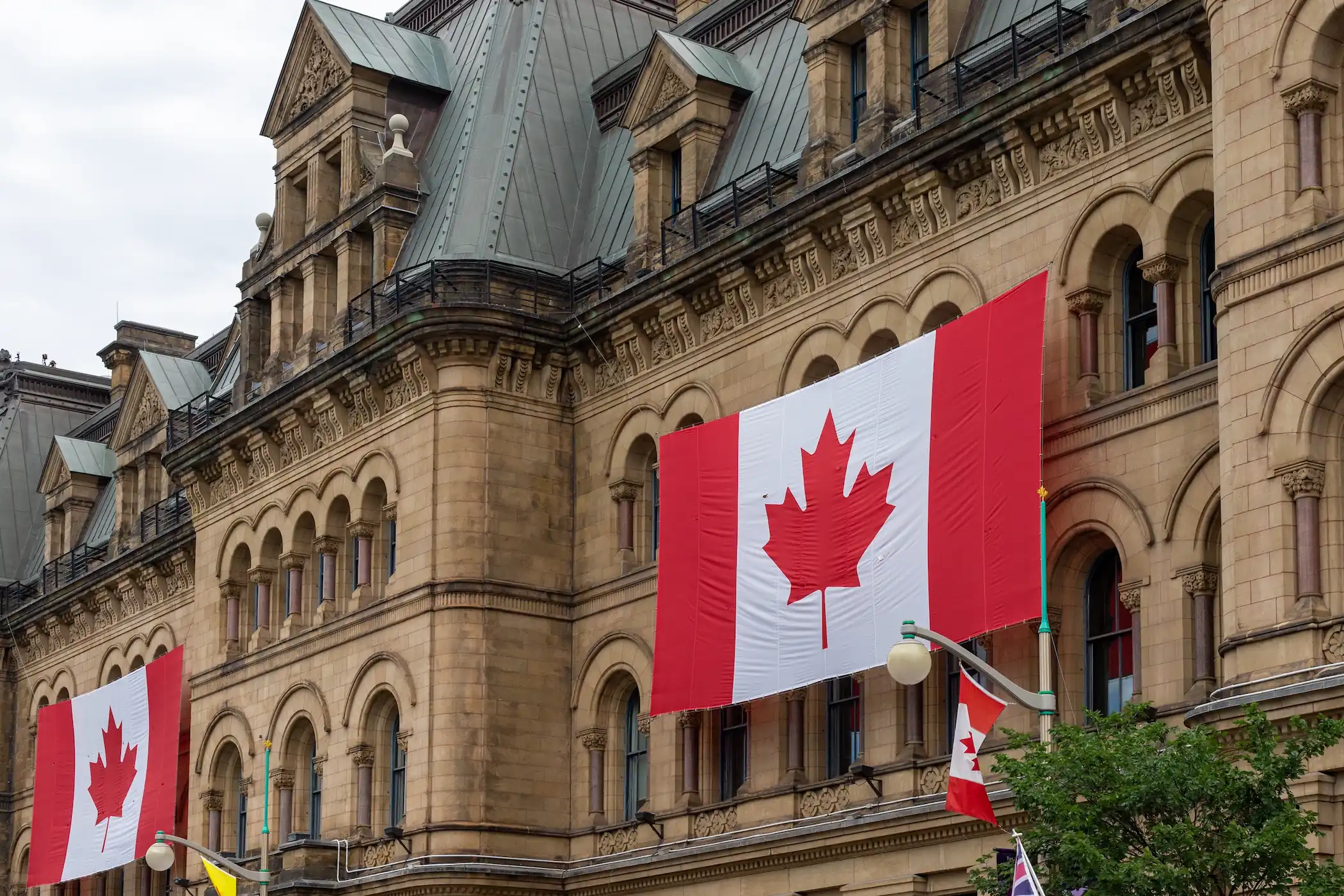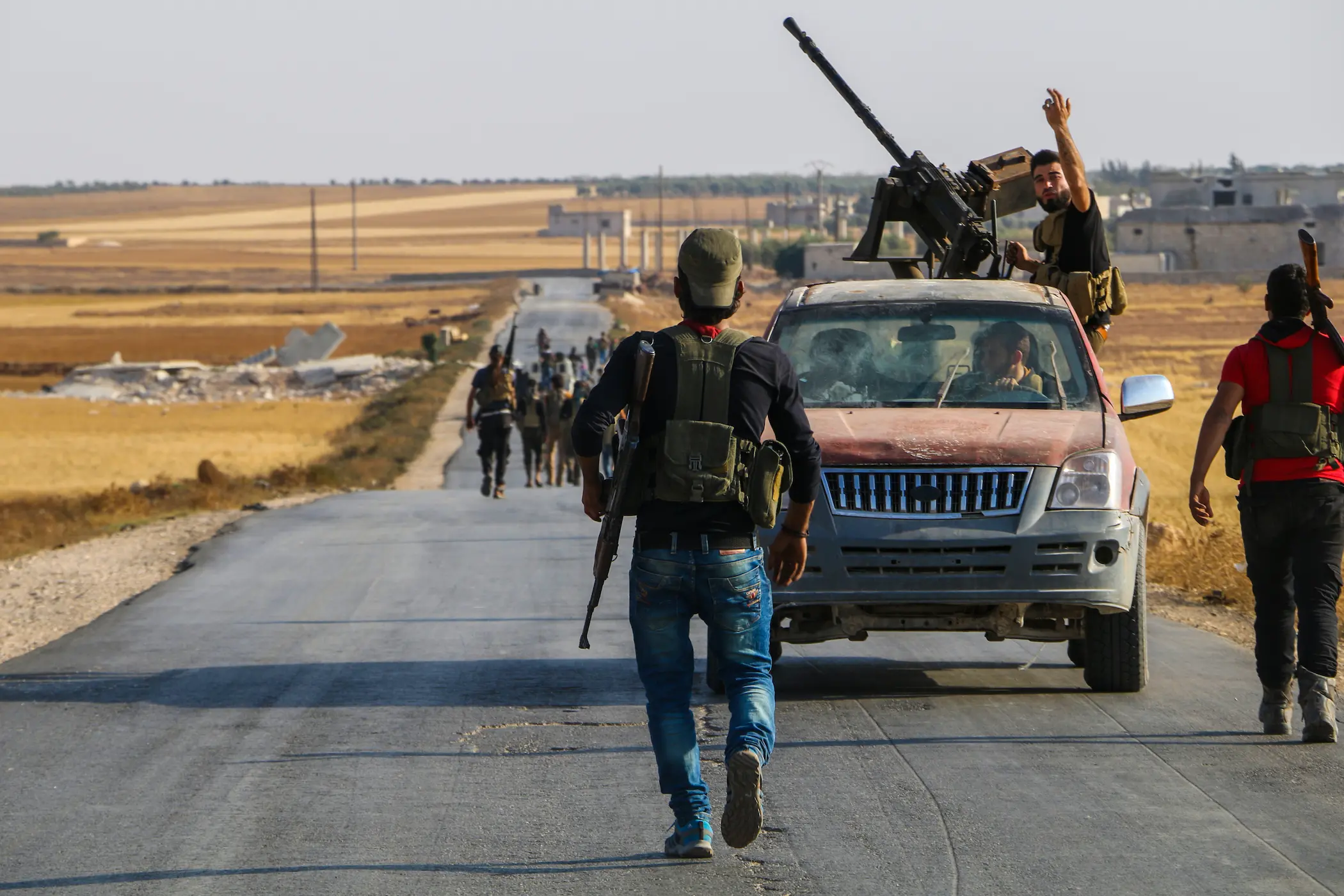The recent joint statement by the United Kingdom, France, and Canada, threatening "concrete actions" against Israel if it does not cease its renewed military operations in Gaza and significantly increase humanitarian aid, marks a significant shift in the international discourse surrounding the ongoing conflict.
The Tipping Point
The decision by these three Western allies to issue such a strong warning now is a culmination of several converging factors. Firstly, the humanitarian crisis in Gaza has reached an “intolerable” level. Reports of widespread starvation and inadequate aid deliveries, exacerbated by Israel’s extended blockade and renewed military offensive, have generated immense global alarm. The U.N. and numerous aid organizations have consistently highlighted the dire situation, asserting that the limited aid allowed by Israel is a “drop in the ocean” compared to the desperate needs. The denial of essential humanitarian assistance, as highlighted in the joint statement, is increasingly seen as potentially breaching International Humanitarian Law, placing legal and moral pressure on these nations to act.
Secondly, the scale and nature of Israel’s renewed military operations, particularly the expansion into areas previously deemed “safe zones” for displaced civilians, have drawn widespread condemnation. While acknowledging Israel’s right to self-defence following the October 7th attacks, the UK, France, and Canada have deemed the current escalation “wholly disproportionate.” The mounting civilian casualties and widespread destruction of infrastructure have intensified calls for a cessation of hostilities and a more restrained approach.
Thirdly, there is a growing concern about the long-term implications of the conflict, particularly regarding the viability of a two-state solution. The joint statement explicitly mentions opposition to the expansion of Israeli settlements in the West Bank, which is seen as undermining the prospects for a future Palestinian state. Furthermore, the “abhorrent language” used by some Israeli government officials threatening the permanent forced displacement of Gazan civilians has raised fears of ethnic cleansing, prompting a robust international response.
Finally, while these nations have historically been staunch allies of Israel, the sustained images of suffering and the perceived intransigence of the Netanyahu government have eroded public and political goodwill. This erosion has been powerfully amplified by the widespread pro-Palestinian demonstrations in many European cities, including London, Paris, and other major urban centres in the UK and France. These massive public displays of solidarity with Palestinians, often drawing hundreds of thousands of participants, have undeniably put significant pressure on their respective governments. There is a sense that diplomatic appeals and quiet diplomacy have yielded insufficient results, necessitating a more forceful stance. The pressure from within their own populations, including calls for sanctions, a reassessment of diplomatic relations, and increased humanitarian aid, has likely contributed to this decisive action.
"Concrete Actions": What's on the Table?
The phrase “concrete actions” suggests a move beyond mere condemnations and implies tangible measures. While the joint statement does not specify the exact nature of these actions, past instances of international pressure and the language used offer some insights.
One prominent possibility is the imposition of targeted sanctions. The joint statement explicitly mentions “including sanctions” in response to settlement expansion in the West Bank. This could extend to individuals or entities involved in the Israeli military offensive or the obstruction of aid. Sanctions could include travel bans, asset freezes, or restrictions on financial transactions, or restrictions on trade with individuals or entities linked to settlement activity or military operations in Gaza.
Another potential avenue is the curtailment of military cooperation or arms sales. While these nations have been key suppliers of military equipment and intelligence to Israel, the growing humanitarian crisis could lead to a reassessment of these relationships. This would be a significant move, signalling a deeper level of disapproval and potentially impacting Israel’s military capabilities. In parallel, the three countries might boost financial and logistical support for the Palestinian Authority and international organizations facilitating aid delivery, thereby circumventing Israeli control and increasing pressure for humanitarian access.
Furthermore, these countries could push for stronger international legal and diplomatic measures. This might involve advocating for resolutions in the United Nations Security Council that demand a ceasefire, unimpeded aid access, or possibility of supporting investigations into alleged violations of international law, including war crimes, through international legal bodies such as the International Criminal Court. While the US often wields its veto power in the UNSC to protect Israel, a united front from other significant allies could increase diplomatic pressure.
Lastly, there is the possibility of downgrading diplomatic relations or withdrawing ambassadors. While less likely as an initial step, this symbolic gesture would communicate severe displeasure and could precede more impactful actions if the situation deteriorates further. The emphasis on recognizing a Palestinian state also indicates a potential shift in their diplomatic priorities and could translate into more active steps toward that goal.
Israel's Next Move
Israel’s response to the joint statement was swift and unequivocal, as articulated by Prime Minister Benjamin Netanyahu, has been largely defiant. Netanyahu dismissed the warning as “offering a huge prize for the genocidal attack on Israel on October 7 while inviting more such atrocities.” He reiterated Israel’s commitment to achieving “total victory” against Hamas and maintained that the war would end only if Hamas released all hostages, laid down its arms, its leaders were exiled, and Gaza was demilitarized. This indicates a strong reluctance to deviate from its stated military objectives, viewing external pressure as undermining its security.
However, despite the rhetoric, there have been some limited concessions regarding humanitarian aid. Before the joint statement, Israel had announced it would allow a “basic quantity of food” into Gaza after an 11-week blockade. While the UK, France, and Canada immediately deemed this “wholly inadequate,” it suggests that international pressure, particularly from its allies, is not entirely without effect. Netanyahu himself acknowledged mounting pressure from Washington. This delicate balancing act – between maintaining a hardline stance for domestic political reasons and making limited adjustments to appease international concerns – highlights the complex environment Israel operates within.
Moreover, Israel rejects proposals for a political transition in Gaza that would involve the Palestinian Authority or international peacekeepers, instead pursuing a military strategy dubbed “Gideon’s Chariots” aimed at “conquering” Gaza and dismantling Hamas’s control. This approach includes plans for forced displacement of Gazan civilians, which the UK, France, and Canada explicitly condemned. The tension between Israel’s security objectives and the international community’s humanitarian concerns remains stark, with limited aid trickling in but no indication of a broader policy change.
The Israeli government’s argument that Hamas has been stealing aid and that a new distribution system is needed to prevent this theft has been met with scepticism by aid organizations, which emphasize the importance of independent and impartial aid delivery. Their refusal to cooperate with Israel’s proposed new aid distribution mechanism underscores the deep mistrust and logistical challenges.
In conclusion, the joint statement by the UK, France, and Canada marks a significant escalation in international pressure on Israel amid the ongoing Gaza conflict. Its timing reflects a critical moment shaped by the worsening humanitarian crisis, the disproportionate scale of military operations, and growing concerns about regional stability. The warning of concrete actions signals these countries’ readiness to move beyond mere rhetoric and consider tangible measures such as sanctions and diplomatic isolation. Although Israel’s initial response has been largely defiant, mounting pressure from key allies may compel a reassessment of its military strategy and humanitarian policies to avoid facing increasingly severe consequences. The coming weeks, including the June 18 conference, will be pivotal in testing both the resolve of these nations and Israel’s willingness to adapt to a rapidly evolving international environment. While limited humanitarian aid has resumed, broader political demands remain rejected, leaving the future of the conflict and prospects for a sustainable resolution uncertain.
Al Habtoor Research Centre’s Commentary articles allow researchers to provide quick, informed responses to ongoing topics, emphasizing personal perspectives and expert opinions without the weight of exhaustive citations. This ensures agility in addressing rapidly evolving subjects and enriches the discourse with authentic insights.






















Comments